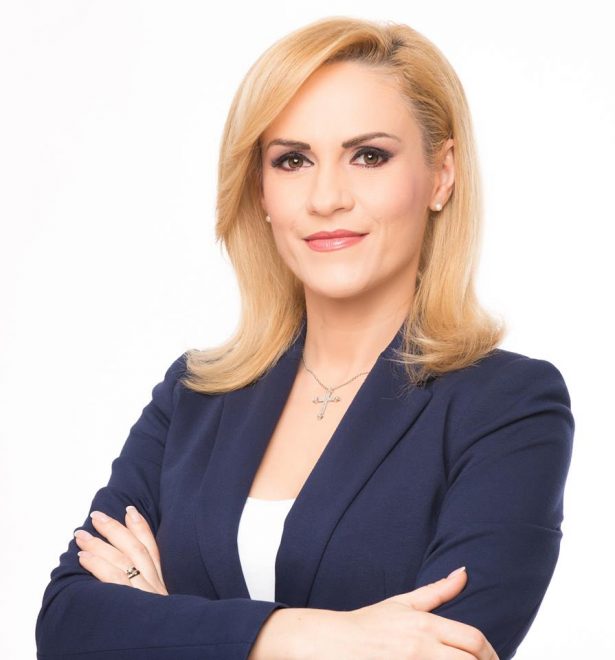Seriously ill Covid-19 patients given hope with controversial 1,000 euros incentive for blood plasma donations
[ad_1]
The Mayor of Bucharest, Gabriela Firea, has taken what many believe to be a radical step to save the lives of Covid-19 patients in the city. She is offering 1,000 EUR worth of essential retail vouchers for blood donations from citizens who have recovered from the virus. Antibodies from the donated blood plasma will be used as an emergency treatment to help seriously ill patients.
Gabriela Firea explained, “Convalescent plasma treatment is currently undergoing multiple studies across the globe and initial results are very promising. The plasma from recovered patients is rich with antibodies and can be used to stimulate further antibody production in patients being treated for Covid-19.”
However, Romania already has one of the lowest rates of blood and plasma donation in Europe, and the country currently has an alarming 67,000 confirmed cases of Covid-19 infections. Of the 31,500 people who have recovered, only around 400 have donated blood, despite public appeals. This led Gabriela Firea to launch the voucher initiative.
Any qualifying individual who donates blood plasma will receive vouchers worth 1,000 EUR. These can be used to buy food, medicine and other essential goods from stores in Bucharest, providing both an incentive to donate and an injection of capital into the city’s beleaguered retail sector.
Despite criticism from the opposition, who linked the programme to organ trafficking and made emotive calls in the media for it to be stopped, Gabriela Firea stands by her decision. “Other government initiatives have failed to increase donation rates,” she said. “Providing a financial incentive to those who have recovered from the virus is one of the best ways to prevent more people from dying.”
Overcoming negative social attitudes to blood donation will not be straightforward, and it remains to be seen whether or not Romanians will be sufficiently convinced of the benefits of plasma donation. Trials are still ongoing.
“I’m not advocating the use of the donated plasma until the trials are complete,” added Gabriela Firea. “If the studies show negative results, the worst-case scenario will be that we’ve paid for blood, which can still be used for routine hospital operations. On the other hand, we could be saving thousands of lives and assisting the global search for effective treatment.”
If the scheme is successful in Bucharest, Gabriela Firea hopes it can be implemented nationwide, where similar shortages exist and the process of soliciting donations has been impeded by bureaucracy, public attitudes and inaction on the part of the Ministry of Health.
For more information, contact:
Alexandru Burghiu
+40 735 262 102
alexbu09@yahoo.com
City Hall Bucharest


